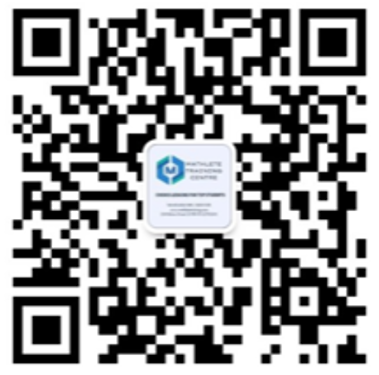
Recently, on Edutopia (https://www.edutopia.org/), Heather Wolpert-Gawron published an article titled “Seven Digital Learning Tips for Students.” The article is short but enlightening.
In this article, Heather Wolpert-Gawron offered the following seven learning tips:
1. You have to be self-aware
Dr. Sang’s from Nanjing University defined the nature and essence of learning as “human self-consciousness and self-transcendentalism”.
The effectiveness and influence of external learning conditions largely depend on the student’s self motivations, metacognition, and self-awareness.
Students must know why they are learning, the contents they are trying to learn, how they should learn, their strengths and weaknesses, their personal learning style, etc.
This self-awareness is also known as the drive to learn. If there is no such drive, any external learning conditions would be futile. This is especially true for both an online class and a face-to-face lesson setting.
2. You must manage your time wisely
Time management is a big subject and one that is lacking in our current school education. Time management is important for college students and elementary school students alike. Only by managing your time well, students would be able to have confidence and concentrate better. Studies have also proven that good time management is linked to a reduction in stress levels amongst students.
3. You must know how to cooperate with people
For Heather Wolpert-Gawron, This is more important than technical understanding, more important than perfect writing skills. By collaboration, she referred to the use of various Internet social and education platforms to collaborate with other learners, a skill that, like time management, has long been neglected in our school curriculum.
4. You must be able to set goals for yourself
Many students tend to rely more on the urging of their teachers or parents, and as time goes on, they lack the motivation to study independently and often do not set personal goals for themselves.
If you want to study abroad for a degree, you must have a good knowledge of foreign languages, and to prove your knowledge of foreign languages, you need to complete tests such as the Test of English as a Foreign Language (TOEFL) or International English Language Testing System (IELTS). To prepare for these tests, you definitely need to constantly improve your language skills.
Setting such goals, often beyond the task of your university, and beyond the ability of the people around you. You must set your own goals, and pour in unremitting efforts to work for them.
5. You must be able to communicate well in written language
In temporal communities and virtual learning communities, your communication with others is more dependent on written language, so knowing how to communicate with others in the community in written language is the premise and foundation for collaboration and cooperation, and learning from others.
6. You must conform to the norms of your community
This actually involves the concept of network culture, and many people do not actually know how to approach people in the community forum for questions.
What left Heather the greatest impression was that once a master’s student majoring in educational technology asked me a question in the forum. She told her the topic of her dissertation and asked her to give more advice.
After reading her post, Heather was at a loss for how to help her. What exactly is her question?
In addition, within the community, there are many written or unwritten rules and norms. Comply with the rules and specifications, and you will be able to communicate and cooperate well with others otherwise, in this community, you are likely to be unwelcomed.
7. You must be your own advocate
You have to push and encourage yourself. You must also possess self-awareness and have the drive to learn. Should you fail to persevere, and remain unmotivated and discouraged, no matter how ambitious the goals and plans are, it would only be a mere castle in the air.
At the end of the article, Heather Wolpert-Gawron introduces her book to 13 key skills that business leaders and college professors have identified as essential to learning. They are:
♦ Collaboration
♦ Independent Learning
♦ Communication
♦ Problem Solving
♦ Decision Making
♦ Understanding Bias
♦ Leadership
♦ Questioning
♦ Persuasion
♦ Goal Setting
♦ Instant Sharing
♦ Compromise and Tolerance
♦ Summarize and summarize

